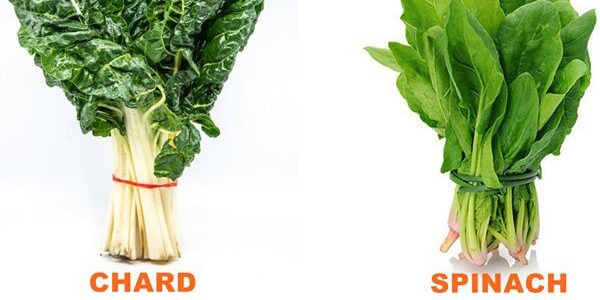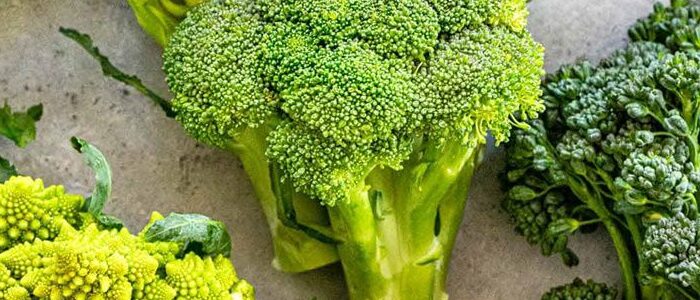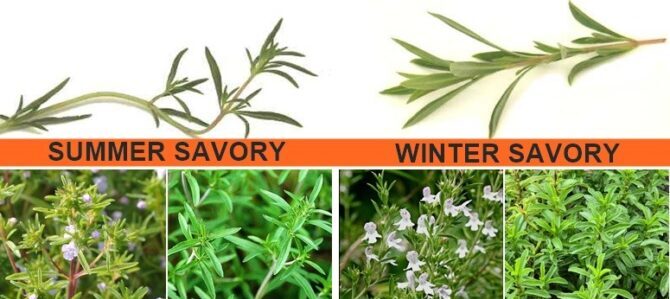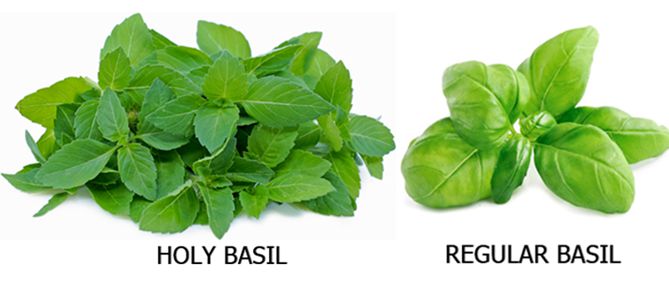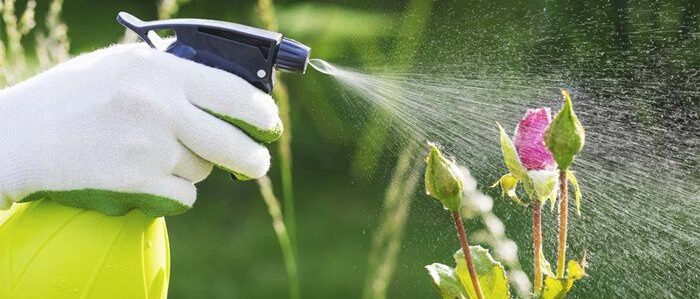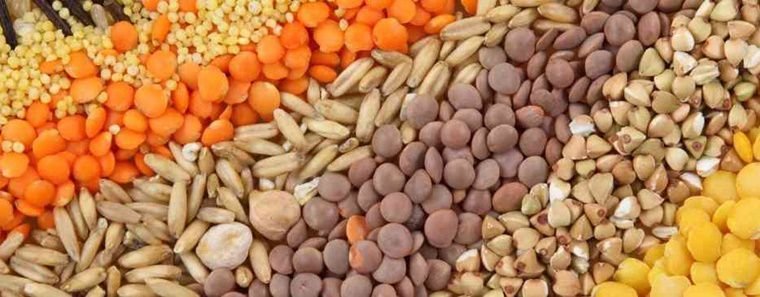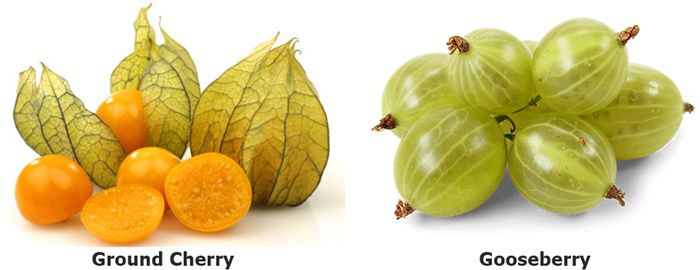Gardening Tips
Differences Between Chard and Spinach
There are differences between Chard and Spinach in terms appearance as well as growth habit. They are often confused with each other, yet are different plants. Botanically and scientifically, the two plants are totally different species. Chard (Beta vulgaris) is a member of the chenopod family. Spinach (Spinacia oleracea) is a member of the amaranth family.
There are some similarities though:
- Both require a rich well drained soil high in phosphorous, nitrogen and potassium and plenty of compost.
- Both require a two year growth cycle in order to produce seeds.
- They are harvested in the same way and they can be interchanged in the same recipes.
- Both are an excellent source of Vitamin A, Vitamin E, Vitamin K, Vitamin C, Potassium, Magnesium, Calcium, Iron.
Chard overview:
- Swiss chard (Beta vulgaris var. cicla) belongs to the beet family and can be grown throughout the year.
- In South Africa it can be grown as a perennial.
- Chard is also often called Silverbeet.
- It grows very vigorously.
- It originated in the Mediterranean region.
- It has ruffled, crumpled-looking leaves with a large thick white or colored stem.
- Chard can be sown and grown during most times of the year, in cooler areas it is generally sown from Spring to Autumn.
- It is heat tolerant and it is reasonably frost tolerant.
- It has significantly more Vitamins E, C, K than spinach.
- It is a good source of Niacin, Pantothenic Acid, Thiamin, Riboflavin, Vitamin B6, Zinc, Phosphorus.
- It is an excellent source of Vitamin A, Vitamin E, Vitamin K, Vitamin C, Potassium, Magnesium, Calcium, Iron.
- Examples of Swiss Chard varieties: Flamingo Pink Swiss Chard, Fordhook Giant and Lucullus Spinach Beet.
Spinach overview:
- Spinach (Spinacia oleracea) is a cool-season crop.
- It is mostly grown as an annual or biennial.
- It grows less vigorously than Chard and has smaller leaves.
- Spinach originated in Persia.
- Spinach generally has small, flat leaves accompanied by green veins.
- The leaves are also softer than Chard and it has a green stem.
- It is generally only planted in late autumn and winter and in very cold areas, early spring.
- It is far less heat tolerant than chard and requires a cool soil for germination.
- Spinach generally has a far shorter picking season than chard.
- Spinach have significantly more Vitamins A than chard.
- Spinach is an excellent source of Vitamin A, Vitamin E, Vitamin K, Vitamin C, Riboflavin, Vitamin B6, Potassium, Magnesium, Calcium, Iron.
- Spinach is a great source of Thiamin, Niacin, Zinc, Phosphorus.
- Examples of Spinach varieties: Matador Spinach and Viroflay Spinach.
Disclaimer
Medicinal Information:
All medicinal information on this website is for educational and informational purposes only and may not be construed as medical advice. The information is not intended to replace medical advice or treatment offered by healthcare professionals.
Seeds, Plants, Plant Cuttings, Geophytes and Dried Herbs:
In some countries and provinces, certain plants are deemed as invasive and are not allowed to be planted at all, whilst some plants are allowed to be grown only in certain areas or provinces. The onus is on you as the buyer to familiarize yourself with the regulations pertaining to your location, before purchasing any of our seeds, plants, plant cuttings, geophytes or dried herbs. We will not be held liable, should you purchase any seeds, plants, plant cuttings, geophytes or dried herbs. from us which are prohibited in your country or province.

